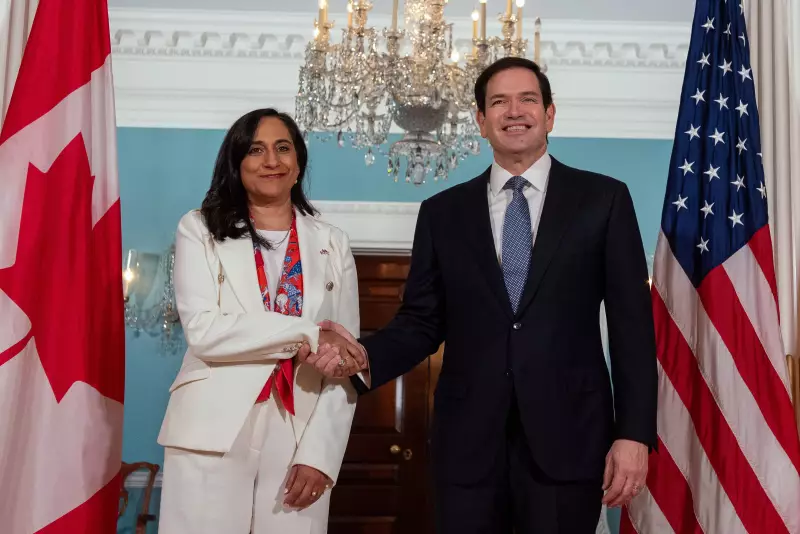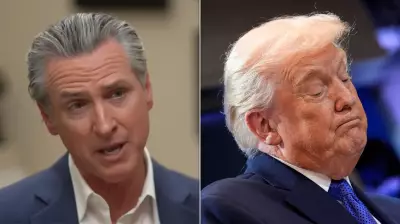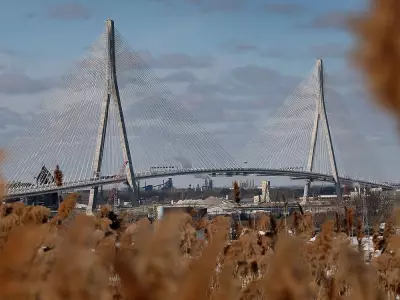
Canada is currently hosting foreign ministers from the G7 nations for significant diplomatic discussions in the picturesque Niagara region. The gathering brings together top diplomats from the world's leading economies to address pressing global challenges and coordinate international policy.
Key Participants and Meeting Dynamics
The high-profile meeting features United States Secretary of State Marco Rubio among other distinguished foreign ministers. According to Canadian officials, Secretary Rubio has notably avoided engaging in what some have termed '51st state' chatter, focusing instead on substantive diplomatic matters. This approach has helped maintain productive dialogue between the neighboring nations.
Professor John Kirton, Director of the G7 research group, emphasized the importance of Canada hosting these critical talks. The November 11, 2025 meeting represents a crucial opportunity for Canada to demonstrate leadership on the global stage and shape international policy discussions.
Agenda and Expected Outcomes
While specific agenda items haven't been fully disclosed, experts anticipate discussions will cover a range of pressing international issues. The timing of the meeting suggests urgent matters requiring coordinated G7 responses will take priority. The Niagara setting provides an appropriate backdrop for these important conversations, combining Canada's natural beauty with serious diplomatic work.
The Canadian government, led by Minister Anand, has positioned this gathering as essential for maintaining strong international partnerships and addressing shared global challenges. The discussions are expected to lay groundwork for future cooperation and potentially establish new frameworks for addressing emerging international concerns.
Broader Context and Significance
This meeting occurs against a backdrop of numerous global developments that likely influence the discussions. From climate change initiatives to international security concerns, the G7 foreign ministers have substantial ground to cover. Canada's role as host provides an opportunity to steer conversations toward issues of particular importance to Canadian interests and values.
Professor Kirton's analysis suggests that this gathering could produce significant policy coordination among the participating nations. The outcomes may influence everything from economic policy to environmental agreements in the coming months.
As the meetings continue, observers will be watching for any joint statements or policy announcements that emerge from the Niagara discussions. The world will be looking to the G7 foreign ministers for leadership on the most pressing international issues of our time.






